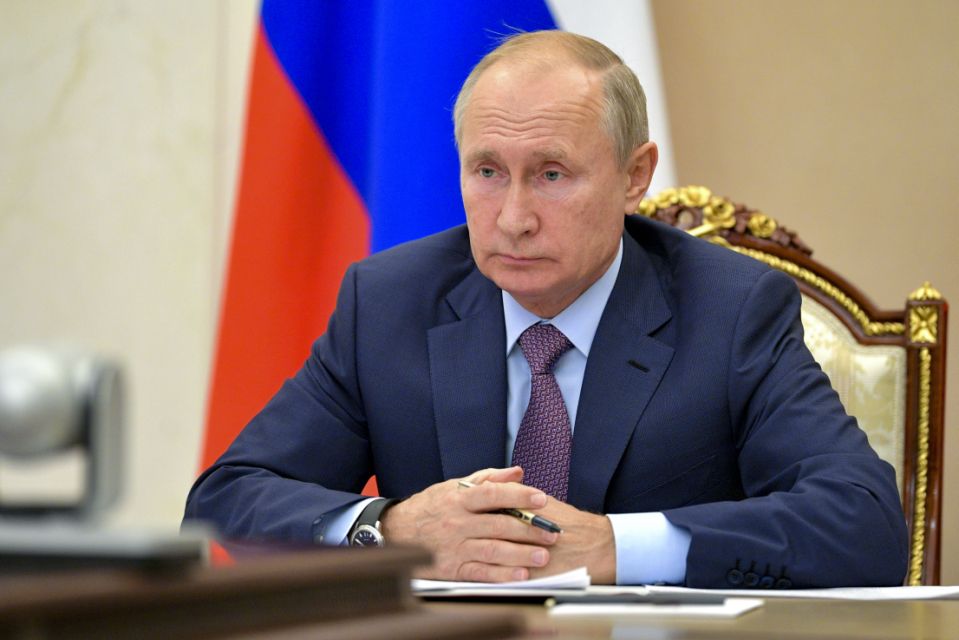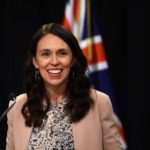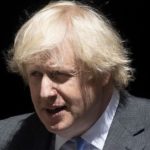U.S. National Security Adviser Robert O’Brien rejected a Russian proposal to extend the New START nuclear arms control agreement for a year, saying that doing so without capping nuclear warheads the treaty doesn’t cover was a “non-starter.”
“The United States is serious about arms control that will keep the entire world safe,” O’Brien said in a statement on Twitter. “We hope that Russia will re-evaluate its position before a costly arms race ensues.”
O’Brien’s statement was a response to Russian President Vladimir Putin’s offer, made at a televised meeting of his Security Council on Friday, to extend the agreement “without any conditions for at least a year.” He said it would be “very sad” to let the agreement expire as scheduled in February and said it has served its role limiting an arms race between the two nations.
The New START treaty put limits on the number of strategic nuclear warheads, such as submarine-launched ballistic missiles and intercontinental ballistic missiles. But it didn’t limit many other types of nuclear warheads, and Trump administration officials had sought to broaden its terms before agreeing to an extension.
In another tweet on Friday, O’Brien said he believed Russia had agreed to the idea of a New START extension and an arms freeze during a recent meeting with his counterpart in Geneva. After that meeting, a senior U.S. official said the outlines of a deal had been reached, but Russian officials quickly said there was no agreement. Russia had earlier called for a five-year extension, as provided in the accord.
It’s not clear if O’Brien’s response spells the end for talks to extend New START. Foreign Minister Sergei Lavrov told Putin Friday that “intensive” consultations on the treaty are underway, and President Donald Trump is seeking to demonstrate foreign-policy wins in his race for re-election against Joe Biden, whom he trails in national and many key state polls.
Even the U.S. offer to extend New START in exchange for a freeze on nuclear weapons marked a significant walkback from the administration’s previous position. Officials had earlier insisted the U.S. wouldn’t accept an extension of New START without three things: both sides declaring all their nuclear warheads; stricter verification measures; and China taking part in negotiations that would also limit its growing nuclear arsenal.













